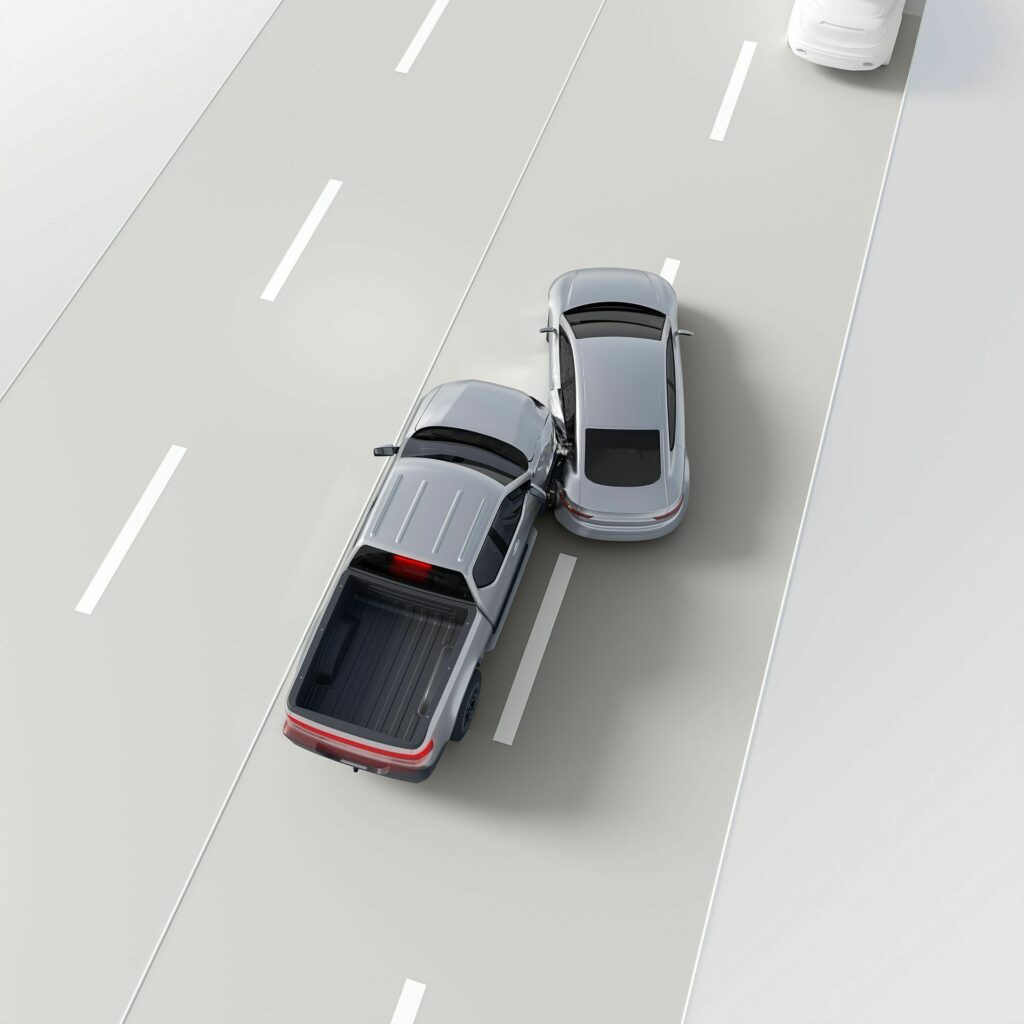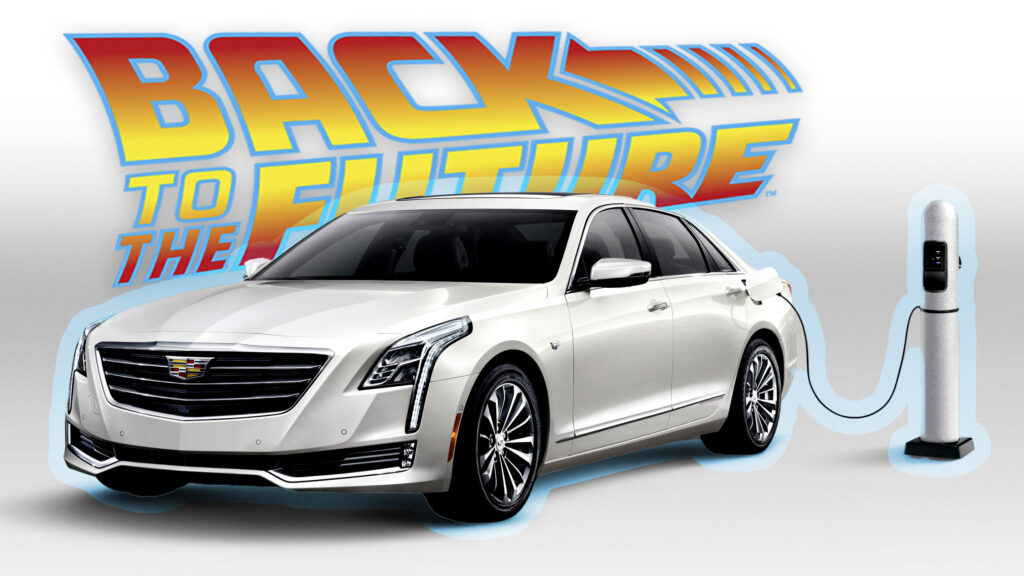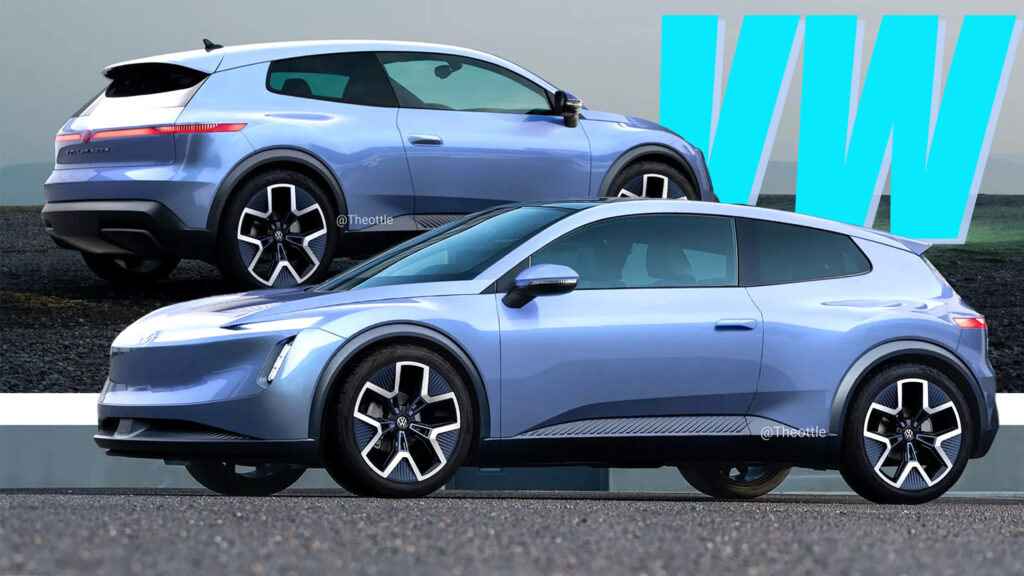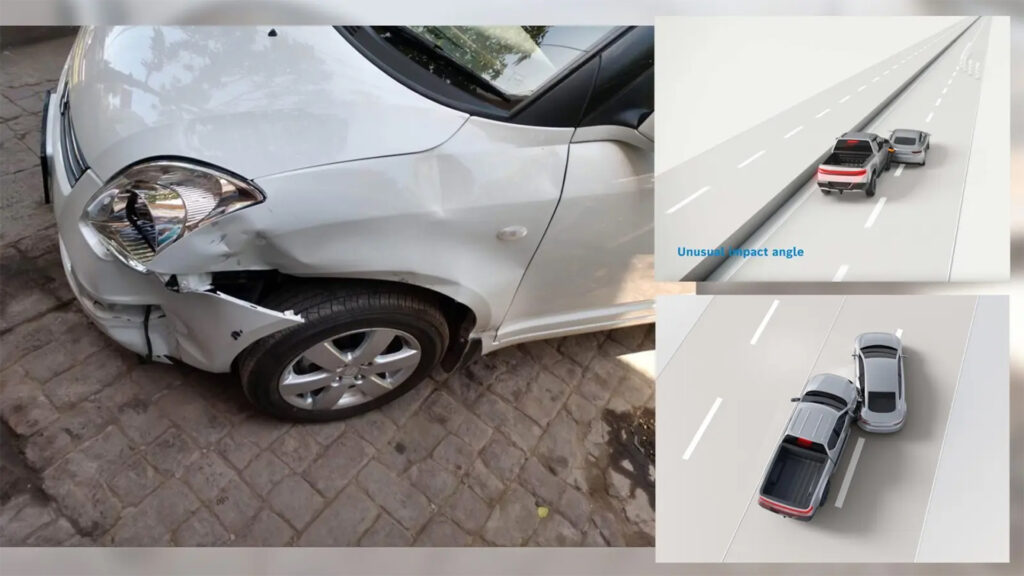Bosch has started to roll out an innovative crash detection system software suite that was conceived and developed after a company engineer was involved in a car accident and started to look into ways to reduce the severity of similar crashes.
Bosch USA engineering manager Rameez Ahmad was visiting Pakistan in 2019 with friends when the passenger side of their vehicle was hit by a motorcycle. The automotive supplier refers to these as ‘off-zone’ side collisions and they often occur corner-to-corner when a vehicle is changing lanes or passing through intersections.
Following a near-miss experience, Ahmad and his engineering team embarked on developing a cost-effective solution to enhance occupant safety by designing an algorithm that seamlessly integrates with existing systems, expediting the implementation of this technology.
What they come up with is the Off-Zone Crash Detection system. This new technology uses a vehicle’s existing sensors and software but allows for faster deployment of things like airbags and seat belt tensioners. Indeed, these safety systems can be deployed within one millisecond of a crash being detected.
Read: Bosch Settles Californian Diesel Cheating Probe For $25 Million Without Admitting Anything
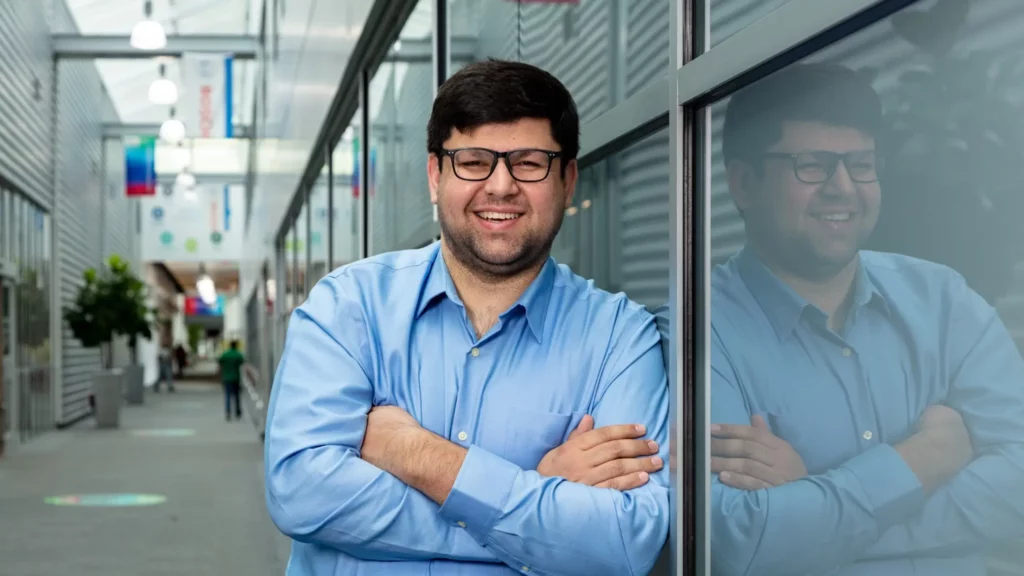
“Even though I had a minor accident, I could imagine if it was a major accident with more speed or a bigger vehicle, the impact could be devastating,” Ahmad told Auto News. “That triggered to me and the team to rethink how to provide a solution.”
Work on the system began soon after the accident and Ahmad and his team were determined to build a system that didn’t require additional sensors. It had to work with automotive OEMs to make this possible but is remaining tight-lipped on which carmakers will be the first to introduce the new safety system.
“I give Rameez and his team a ton of credit,” Bosch Chassis Systems North America vice president of electronic stability programs, Richard Nesbitt said. “It probably would’ve been easier to add sensors or do this or do that. But to really come up with a solution that’s purely software, leveraging all of his software expertise in the team — that’s the key for us to bring value to the market.”
Bosch believes its software will become an increasingly important revenue driver in the coming years and expects the Bosch Mobility unit to grow to $88 billion a year by 2029.
